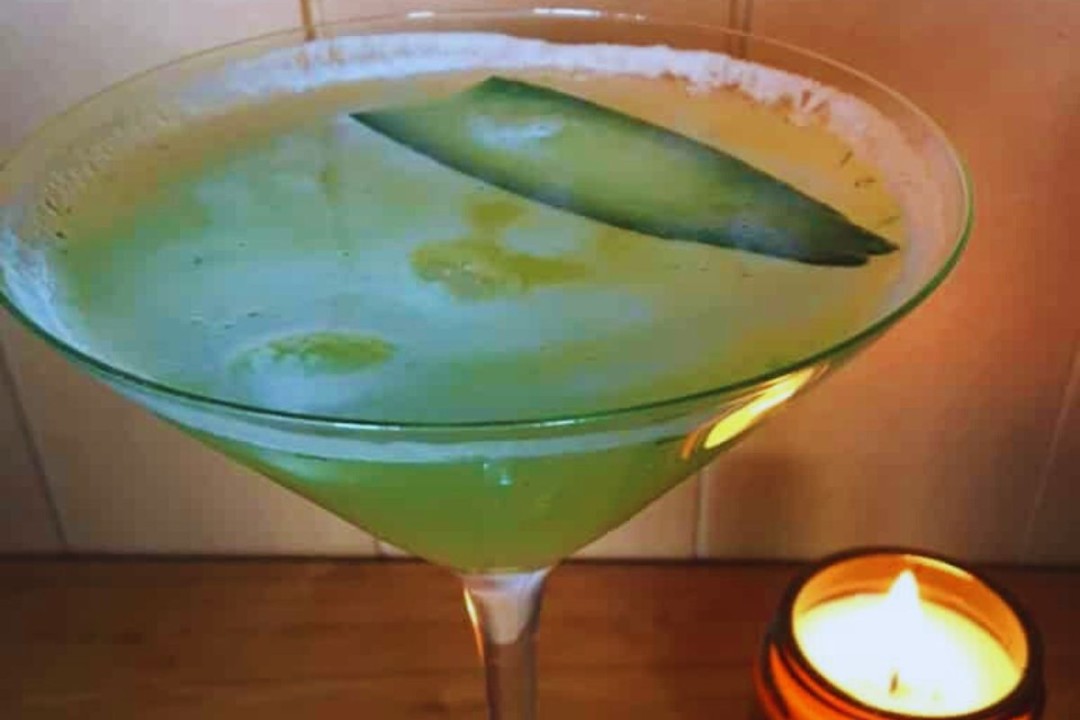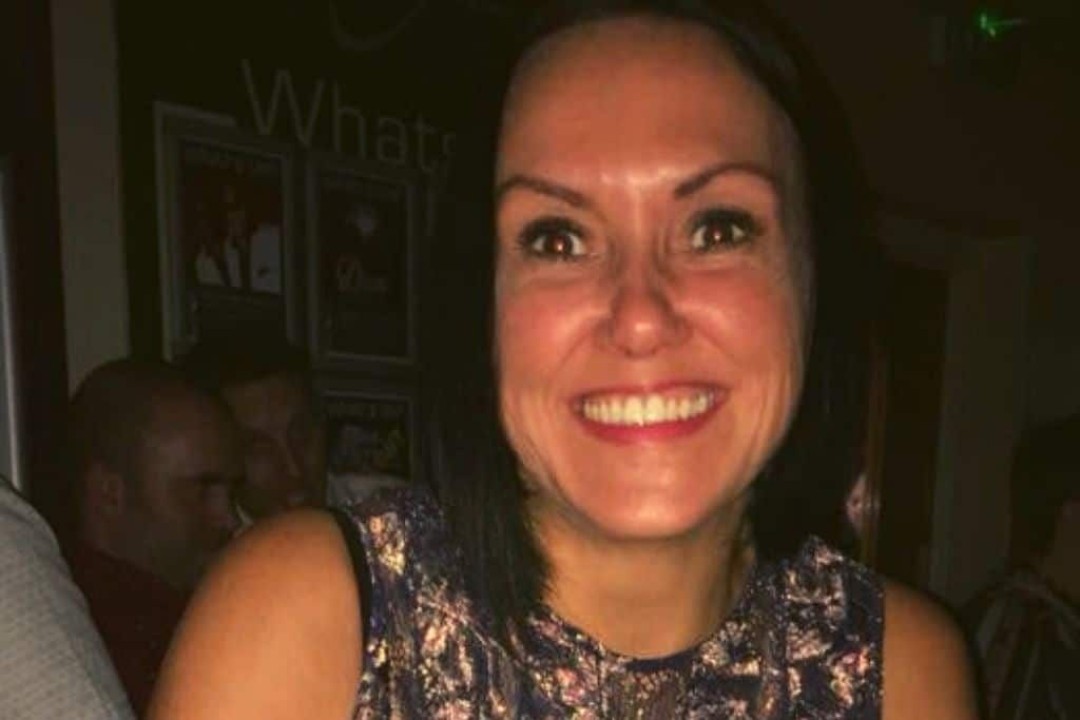Flip your thinking...
January 7th, 2025 Mrs D's Blog 5 comments

I’ll be honest I had a sad pang about not drinking the other day and had to quickly run over my ‘positive about sobriety’ thought processes to remind myself why my life is better now I’m sober.
And when I say ‘quickly run over’ I really mean it. The sad thought popped into my head, I recognised it and immediately worked my thinking to turn it around. I managed to do this within a good 5-10 minutes. And then it was gone and didn’t cause me any more sadness.
But I think it’s good to admit it happened and explain how I worked my thinking.
The sad, woe-is-me thought came when I was lying on my bed watching a cooking show on TV. The host was in Sweden at a dinner party and everyone around the table started singing Helan Går which is a drinking song I grew up with (my Grandmother was Swedish). Everyone sings it together and near the end you take a shot of spirits. I watched everyone on the TV programme sing and drink, looking like they were having such a great time, and I suddenly got hit with a nostalgic sad pang and felt awful that I’m never going to experience Helan Går at a boozy dinner party ever again.
It was an awful feeling. I felt really bereft. For five seconds.
Then I caught myself – noticed the thought that had caused the sad feeling – thought “NO!” and then got to work inside my brain.
I told myself “Don’t romanticise alcohol and boozy dinner parties. The truth is far from romantic and you know it.” I remembered that my boozy days were dysfunctional, not romantic, and that I have gotten hammered at many dinner parties and regretted my actions afterwards. I also reminded myself that my drinking wasn’t confined just to social occasions – most of the time I drank on the sofa at home getting sloppy and slurry all alone. And I remembered that when I was drinking I was deeply disconnected from myself and all of the people around me.
Then I reminded myself how much better I feel about myself now I don’t drink. I remembered that I’ve gotten far more connected with myself and my loved ones since I quit. I told myself that of course I can still attend dinner parties and have fun bonding with friends and enjoying food and even be chatty and loose and raucous without alcohol in my glass. And I remembered that I have taken part in toasts singing Helan Går since I’ve been sober – sharing that moment of connectedness with my family – but without the spirit in my glass and it didn’t matter one jot.
All of these thoughts I worked over in my mind are true and factual. Fact: My drinking habit wasn’t romantic. Fact: I have ruined many dinner parties by getting blotto. Fact: I still have a great time at dinner parties now I don’t drink. Fact: Helan Går is still a fun song to sing when your shot glass contains apple juice.
The woe-is-me sad thought that popped into my head was not a fact, it was an emotional response to scene on TV that triggered a flawed memory.
The other thing I did once I’d worked over my pang was to check in with myself emotionally…. because I know that these sorts of responses to alcohol nowadays usually only come when I’m a bit low. Sure enough I recgonised I was tired and feeling glum as I lay there watching Food TV. It hadn’t been a great day (to be honest it’s been a gritty few months). Recognising my current emotional state also helped me distance myself from the pang.
I had to do a lot of brain retraining when I first quit to learn how to work my thinking to beat pangs. Brain retraining involves knowing how to clearly identify addictive thoughts when they arrive, and how to actively dissolve them by putting new thoughts in their place – true thoughts about the downsides of your drinking habit and the upsides of being sober.
You have to work at this a lot when you first quit because the pangs come quick and fast. But over time it becomes easier and easier until the truthful and positive thoughts become so commonplace you hardly think them at all (if that makes sense!). And the stupid, sad, woe-is-me thoughts get fewer and further in-between until they piss off all together.
You can read more posts about brain re-training here and I highly recommend this book and this one as they both helped me with this stuff at the beginning.
The most important thing to know is that it is entirely possible to work your thinking and reshape your brain so that eventually you are completely free from addictive thoughts and alcohol has no power of you.
And that, my friends, is a marvellous place to be.
Love, Mrs D xxx
Continue reading
Cucumber Citrus Mocktail
Fresh and zesty, this drink is absolutely delicious!
July 17, 2024 – 1 comment
What does your egg look like?
There’s a lovely man who goes by the member name @behind-the-sofa here at Living Sober and also leaves comments at my ‘old’ blog (which I still post in regularly) under the name ‘Mr Tea’.
November 4, 2014 – 48 comments
My sober pandemic: Nicky
“I’ve always hidden how I feel but my coping strategies were alcohol and self harm and I quit both.” ======= ======= Nicky: At the beginning of lockdown, the company I contract to assured me there would be plenty of work that I could do from home while I looked after the kids.
May 10, 2020 – 6 comments
Sober Story: Joanne
======= Joanne: I quit booze ‘for good’ on 16th November 2013, so I have seven years of sobriety.
May 2, 2021 – 10 comments


